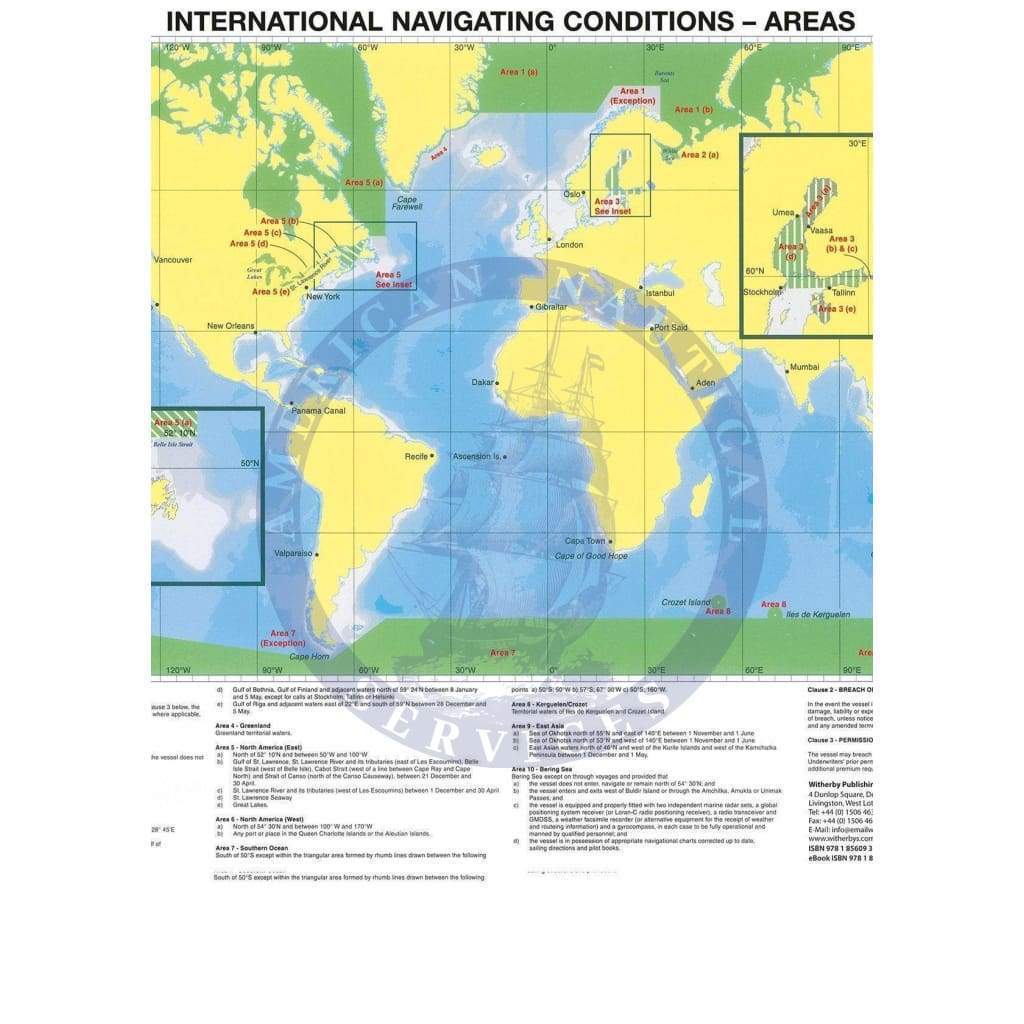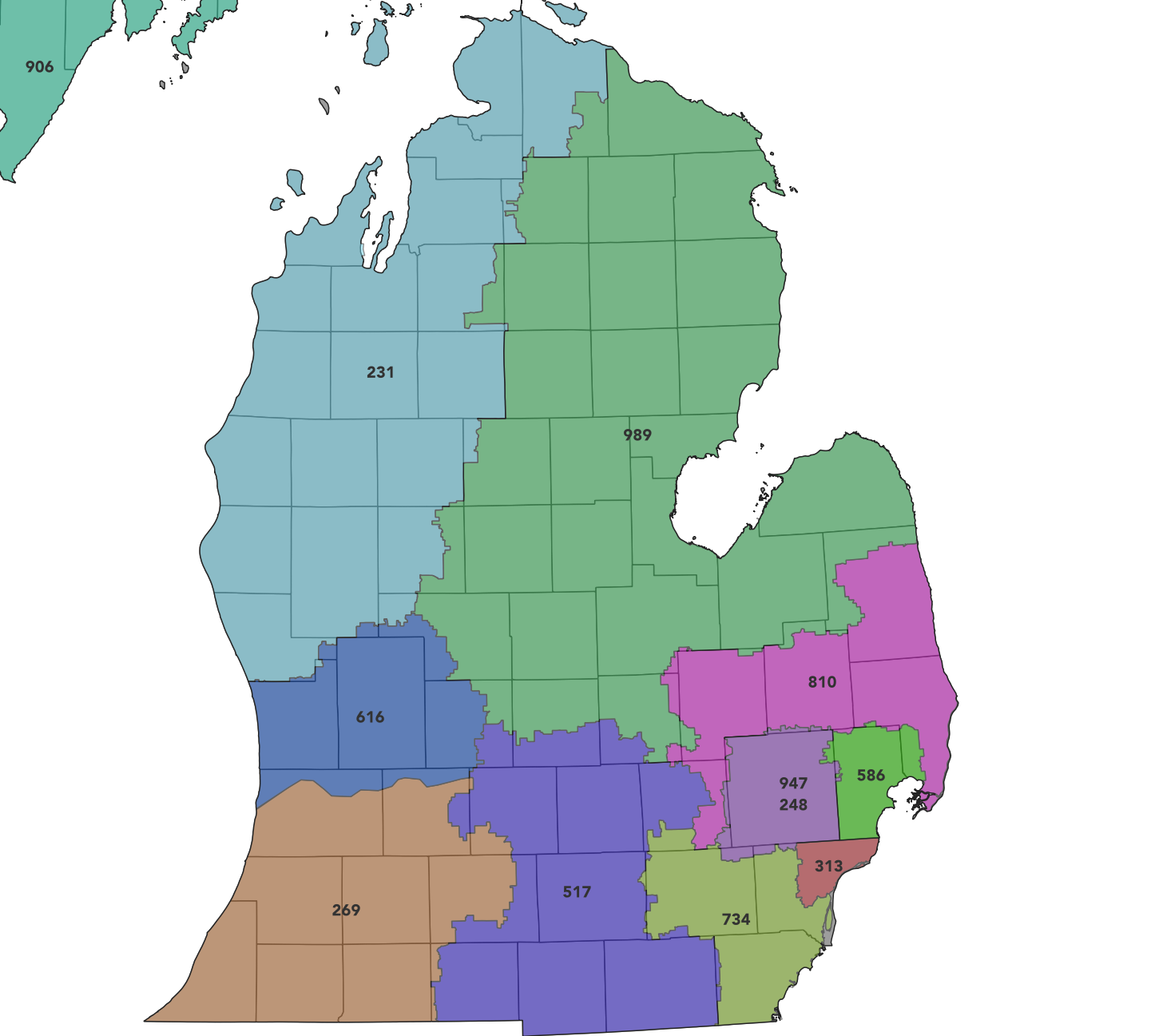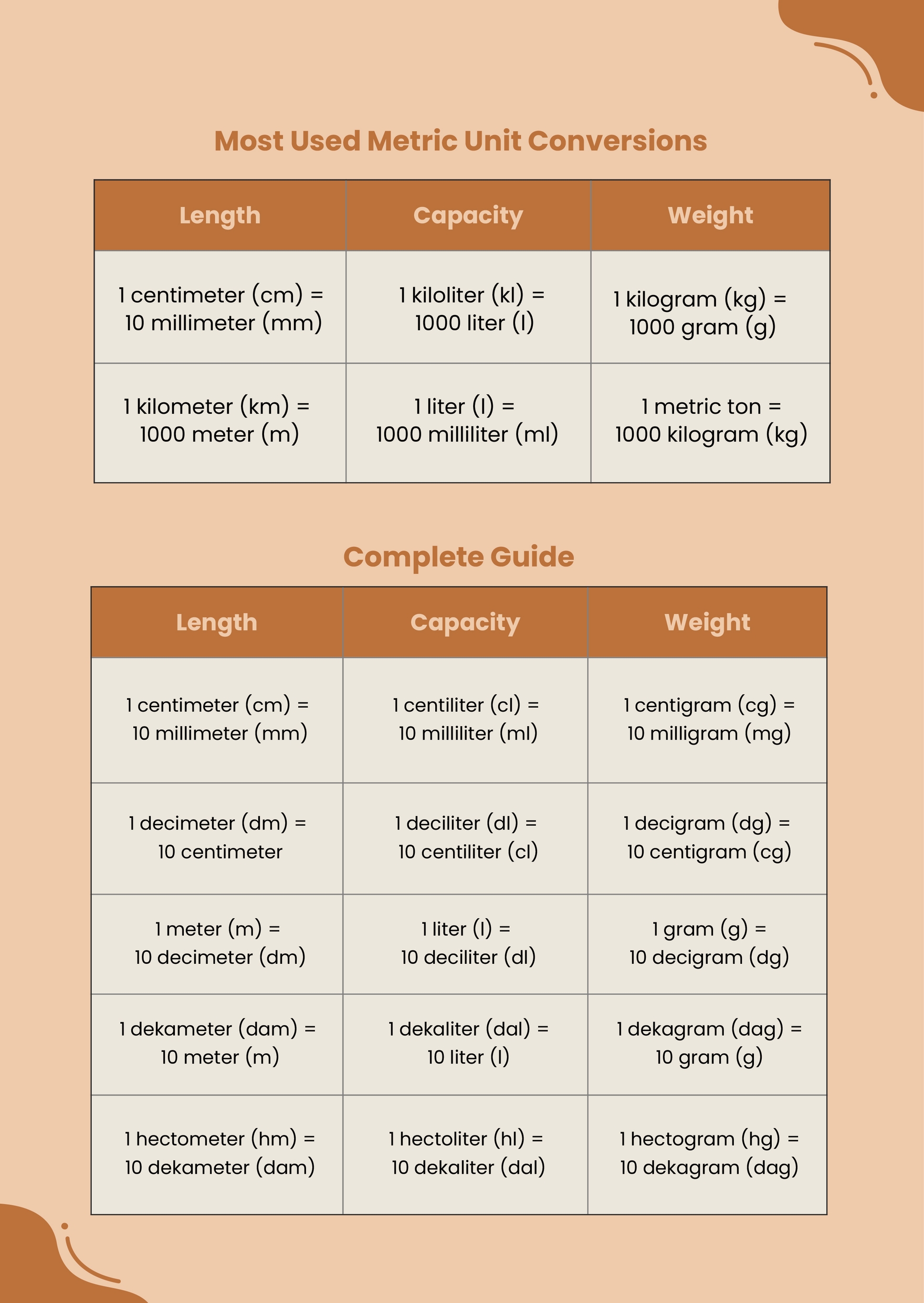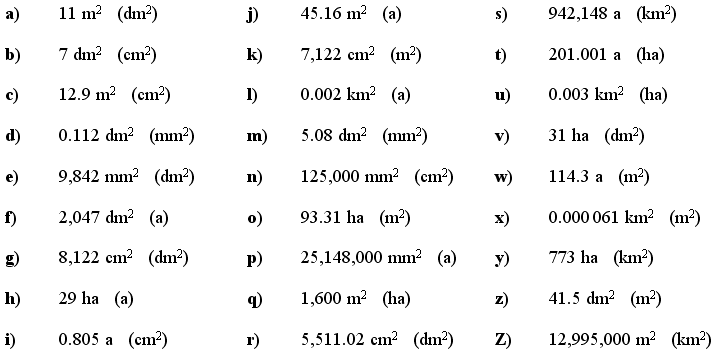Navigating the World of Space: A Complete Information to Unit Conversion
Associated Articles: Navigating the World of Space: A Complete Information to Unit Conversion
Introduction
With enthusiasm, let’s navigate by way of the intriguing matter associated to Navigating the World of Space: A Complete Information to Unit Conversion. Let’s weave fascinating info and supply contemporary views to the readers.
Desk of Content material
Navigating the World of Space: A Complete Information to Unit Conversion

Understanding and changing models of space is a elementary ability throughout quite a few disciplines, from development and engineering to geography and actual property. Whether or not you are calculating the dimensions of a constructing lot, designing a panorama, or evaluating land parcels throughout completely different international locations, mastering space unit conversion is essential for correct calculations and efficient communication. This complete information supplies an in depth exploration of space models, their relationships, and sensible strategies for seamless conversion.
Understanding Space and its Models:
Space is a measure of two-dimensional house, representing the extent of a floor. In contrast to linear measurements (size), space is expressed in sq. models, reflecting the two-dimensional nature of the house being measured. The selection of unit is determined by the dimensions of the world being thought-about. Small areas could be measured in sq. centimeters or sq. inches, whereas bigger areas could be expressed in sq. kilometers or acres.
Probably the most generally used models of space embrace:
-
Metric System:
- Sq. Millimeter (mm²): A really small unit, typically used for microscopic measurements or tiny elements.
- Sq. Centimeter (cm²): Generally used for smaller areas just like the floor space of objects or small plots of land.
- Sq. Meter (m²): A normal unit for a lot of functions, starting from condominium sizes to land plots.
- Sq. Kilometer (km²): Used for big areas like cities, international locations, or areas.
- Hectare (ha): Equal to 10,000 sq. meters (100m x 100m), incessantly utilized in land surveying and agriculture.
-
Imperial/US Customary System:
- Sq. Inch (in²): Used for small areas, much like sq. centimeters.
- Sq. Foot (ft²): Frequent for measuring ground house, room sizes, or smaller constructing areas.
- Sq. Yard (yd²): Bigger than sq. ft, typically used for bigger areas like carpets or land plots.
- Acre: A unit of land measurement, roughly 43,560 sq. ft. Broadly utilized in actual property and agriculture.
- Sq. Mile (mi²): Used for very giant areas, much like sq. kilometers.
Conversion Elements: The Key to Correct Conversions:
The inspiration of any space unit conversion lies in understanding the conversion elements between completely different models. These elements characterize the ratio between two models of measurement. For example, since 1 meter equals 100 centimeters, 1 sq. meter (1m x 1m) equals 10,000 sq. centimeters (100cm x 100cm). This easy instance highlights the essential level: squaring the linear conversion issue is critical when changing space models.
Here is a desk summarizing important conversion elements:
| Unit | Conversion to m² | Conversion to ft² | Conversion to acre |
|---|---|---|---|
| mm² | 0.000001 | 0.00155 | 2.471 x 10⁻¹⁰ |
| cm² | 0.0001 | 0.155 | 2.471 x 10⁻⁸ |
| m² | 1 | 10.76 | 0.0002471 |
| km² | 1,000,000 | 10,763,910 | 247.1 |
| ha | 10,000 | 107,639 | 2.471 |
| in² | 0.00064516 | 1 | 1.594 x 10⁻⁷ |
| ft² | 0.092903 | 1 | 0.00002296 |
| yd² | 0.836127 | 9 | 0.0002066 |
| acre | 4046.86 | 43560 | 1 |
| mi² | 2,589,988 | 27,878,400 | 640 |
Strategies for Space Unit Conversion:
A number of strategies facilitate correct space unit conversion:
-
Direct Multiplication: That is probably the most easy technique. Multiply the given space worth by the suitable conversion issue. For instance, to transform 10 sq. meters to sq. centimeters: 10 m² * 10,000 cm²/m² = 100,000 cm².
-
Utilizing Conversion Charts: Referencing a conversion chart just like the one offered above simplifies the method by offering pre-calculated conversion elements.
-
On-line Conversion Instruments: Many web sites and apps supply handy space unit converters. Merely enter the worth and desired models, and the software will carry out the conversion routinely.
-
Dimensional Evaluation: This technique makes use of conversion elements expressed as fractions to cancel out models and arrive on the desired unit. For instance, to transform 5 acres to sq. ft:
5 acres * (43,560 ft²/1 acre) = 217,800 ft²
Discover how the "acre" models cancel out, leaving solely "ft²".
Sensible Purposes of Space Unit Conversion:
The flexibility to transform space models has widespread sensible functions:
- Actual Property: Evaluating property sizes listed in numerous models (e.g., acres and sq. ft).
- Building: Calculating materials portions wanted for initiatives (e.g., flooring, roofing).
- Agriculture: Figuring out land space for planting, irrigation, or harvesting.
- Geography: Analyzing and evaluating the sizes of nations, areas, or geographical options.
- Environmental Science: Measuring the extent of deforestation, air pollution, or habitat loss.
- Engineering: Designing constructions, calculating floor areas, and figuring out materials necessities.
Frequent Errors to Keep away from:
- Forgetting to sq. the linear conversion issue: That is the most typical error. Keep in mind that space is a two-dimensional measure.
- Utilizing incorrect conversion elements: Double-check the accuracy of your conversion elements.
- Incorrect unit placement in dimensional evaluation: Be sure that models cancel accurately.
- Rounding errors: Keep ample vital figures all through the calculation to attenuate errors.
Conclusion:
Mastering space unit conversion is important for correct and environment friendly work throughout a variety of fields. By understanding the elemental ideas, using applicable conversion strategies, and avoiding frequent pitfalls, you possibly can confidently navigate the world of space measurements and make sure the accuracy of your calculations. Whether or not you are coping with small or giant areas, the flexibility to seamlessly convert between models is a precious ability that may improve your problem-solving capabilities and contribute to extra exact and dependable outcomes. Bear in mind to at all times double-check your work and select probably the most applicable technique for the particular conversion it’s essential carry out. With follow and a focus to element, changing space models will turn into second nature.







Closure
Thus, we hope this text has offered precious insights into Navigating the World of Space: A Complete Information to Unit Conversion. We thanks for taking the time to learn this text. See you in our subsequent article!